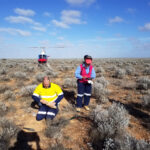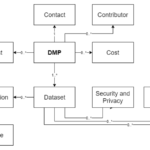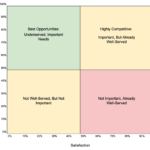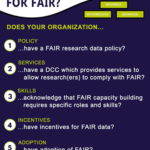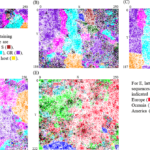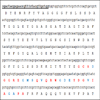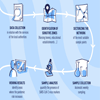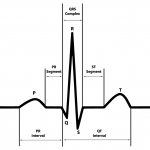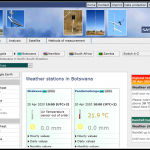This is the fifth in the series of short statements from candidates in the coming CODATA Elections at the General Assembly to be held on 15-16 November, 2021. Giri Prakash is a candidate for the CODATA Executive Committee as an Ordinary Member. He was nominated by the USA.
 Giri Prakash serves as the Section Head for Earth System Informatics and Data Discovery Section at the Oak Ridge National Laboratory. I am responsible for overseeing a data group that manages two WDS member data centers: Atmospheric Radiation Measurement Facility (ARM) Data Center and ORNL NASA Distributed Active Archive Center (DAAC) for Biogeochemical Dynamics. As the director of Atmospheric Radiation Measurement Facility (ARM) Data Center, I am responsible for the leadership and management of that center. My primary focus is on operational activities and engineering necessary to sustain and advance excellence in the data management field. Specifically, the ARM Data Center Archive currently holds over 3 petabytes of data for 11,000 diverse observational data products. I lead the development and execution of multi-year plans that adapt the next-generation computing architecture to the increasing demands of data volume, rates, complexity, and the challenges of high-resolution modeling.
Giri Prakash serves as the Section Head for Earth System Informatics and Data Discovery Section at the Oak Ridge National Laboratory. I am responsible for overseeing a data group that manages two WDS member data centers: Atmospheric Radiation Measurement Facility (ARM) Data Center and ORNL NASA Distributed Active Archive Center (DAAC) for Biogeochemical Dynamics. As the director of Atmospheric Radiation Measurement Facility (ARM) Data Center, I am responsible for the leadership and management of that center. My primary focus is on operational activities and engineering necessary to sustain and advance excellence in the data management field. Specifically, the ARM Data Center Archive currently holds over 3 petabytes of data for 11,000 diverse observational data products. I lead the development and execution of multi-year plans that adapt the next-generation computing architecture to the increasing demands of data volume, rates, complexity, and the challenges of high-resolution modeling.
I have over 19 years of experience in scientific data management, discovery, metadata and data interoperability, FAIR (findable, accessible, interoperable, and reusable) data principles, data citation, computing-as-a-service, web services, and visualization.
My latest research interest includes enabling open science by adapting AI/ML capabilities in scientific data center operations. I have been an active participant in CODATA conferences and led many data management sessions. Most recently, I led a session on making data centers ready for AI during the SciDataCon 2021. In addition, I actively participate in various international data sharing and interoperability working groups, data management workshops, and conferences. Enabling data interoperability using ontologies, standards, and protocols helps research activities to solve complex questions such as Earth System predictability and climate change. By establishing this activity, I expect to contribute to CODATA to extend its visibility to data-intensive cross-domain research activities related to earth sciences.
I have extensive experience in working with multi-national projects such as MOSAIC, polar data integration, and bio-diversity networks across continents. I am currently serving a four-year term on the U.S. National Committee for CODATA(USNC/CODATA).
I received a master of science degree in environmental sciences from Memorial University in St. John’s, Newfoundland, Canada in 2000 and also hold a diploma in object oriented software technology from the University of Calgary in Canada. In addition, I have a master of science degree in soil science and a bachelor’s degree in agriculture from Tamil Nadu Agricultural University in Coimbatore, India.

 Professor Richard Hartshorn, Secretary General of the International Union of Pure and Applied Chemistry (IUPAC) will continue to be an excellent member of the CODATA Executive Committee, should he be re-elected. In his role as Secretary General, and through others within IUPAC, he has demonstrated strategic leadership and gained significant experience in governance of an international science-based organization. This experience has been brought to bear as a member of the CODATA Executive Committee, particularly through providing a scientific union perspective to committee deliberations.
Professor Richard Hartshorn, Secretary General of the International Union of Pure and Applied Chemistry (IUPAC) will continue to be an excellent member of the CODATA Executive Committee, should he be re-elected. In his role as Secretary General, and through others within IUPAC, he has demonstrated strategic leadership and gained significant experience in governance of an international science-based organization. This experience has been brought to bear as a member of the CODATA Executive Committee, particularly through providing a scientific union perspective to committee deliberations.








